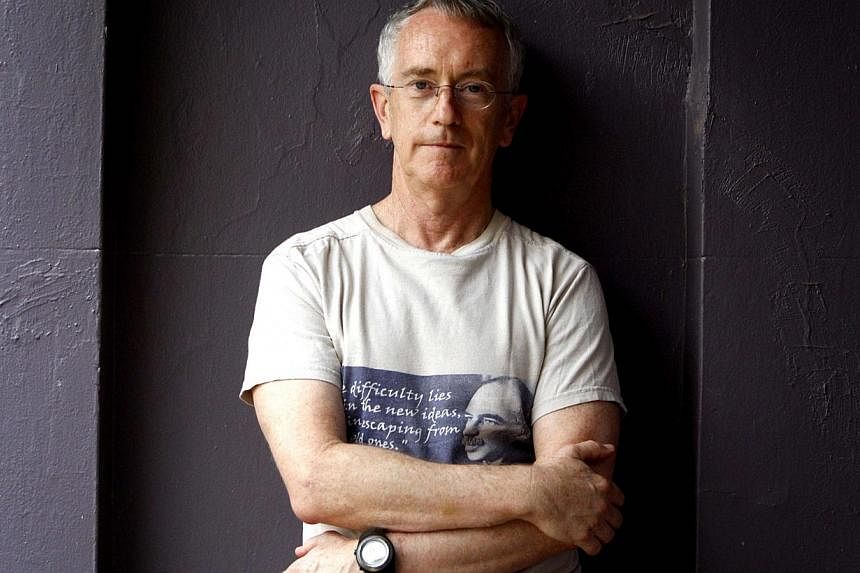"DID you wake up before or after the sunrise today?" asks Professor Steve Keen.
"After," I mutter sheepishly.
"That's a trick question. The sun doesn't rise," he says before letting out a guffaw.
"The earth rotates… (But) it's more natural for us to use that language than to say what actually happens."
The analogy is rather fitting for an Australian academic who wrote a book called Debunking Economics, and is now the chief economist of a global network of thinkers that declares it is "dedicated to the reform of economics".
In Bangkok recently for the launch of the Institute for Dynamic Economic Analysis, the 61-year-old professor in Britain's Kingston University London equates mainstream economic theory with spurious astronomy assumptions.
Strangely enough, he says, it overlooks the role of money. Instead, it likens governments to households which ought to prize prudence, which in government terms means generating consistent surpluses.
But the private sector, in order to pay the government enough to generate its surplus, has two options: It either "runs down the money it's got, which means the economy is shrinking", or borrows money to make such payments.
Countries that run a trade surplus with others can maintain a permanent surplus without forcing its private sector into a debt crisis, but the good times don't last.
China - the world's largest economy - is an example where the rise of private sector debt is bringing the country dangerously close to a crisis, he says.
Its central bank made a surprise cut in interest rate in November amid weakening economic data.
Growth in the third quarter slackened to 7.3 per cent, which is already its lowest since 2009.
Prof Keen, who accurately predicted the last financial crisis before the 2008 crash, warns that another even bigger bubble is brewing in China.
Chinese private sector debt, he points out, has risen from roughly 100 per cent of its gross domestic product in 2008 to about 180 per cent now, as the government encouraged lending to stimulate demand and make up for the shortfall in exports.
"That's an enormous increase," he says. "The Chinese private sector debt… is higher now than America's at its peak. And the acceleration of debt was faster…
"The bubble in China is bigger and faster than the sub-prime bubble was in America."
He notes that each time the Chinese economy has shown signs of slowing down, Beijing has responded by pressing on banks to lend more.
"This is one area where China has an advantage but also danger. Given the political power of the communist party in China, if the banks are told to do something they will do it, because the consequences of not doing it are worse for your health than what doing it is for your balance sheet."
As a result, the costs of a potential fallout are mounting.
Can the Chinese government engineer a soft landing?
Yes, he says, immediately. For one thing, it has enormous power over the central and private banks.
"If they decided the central bank had to let private banks effectively operate while insolvent, or had to recapitalise private banks and take them over into public ownership, they could do it. And they could also potentially write down people's private debts."
The Chinese government has the financial muscle to deflate this bubble in a measured way, without having to face "protests of the right wing protest groups or power blocs in the congress that won't let them do it because they have violated the principles of free enterprise", like in the United States.
"That sort of garbage that gets into Americans' way won't get in China's way," he says.
But the magnitude of China's bubble means that it "won't be a comfortable soft landing".
"It will be a soft landing after you put a hole in the tarmac," he says. "But the plane doesn't have to explode on impact."


